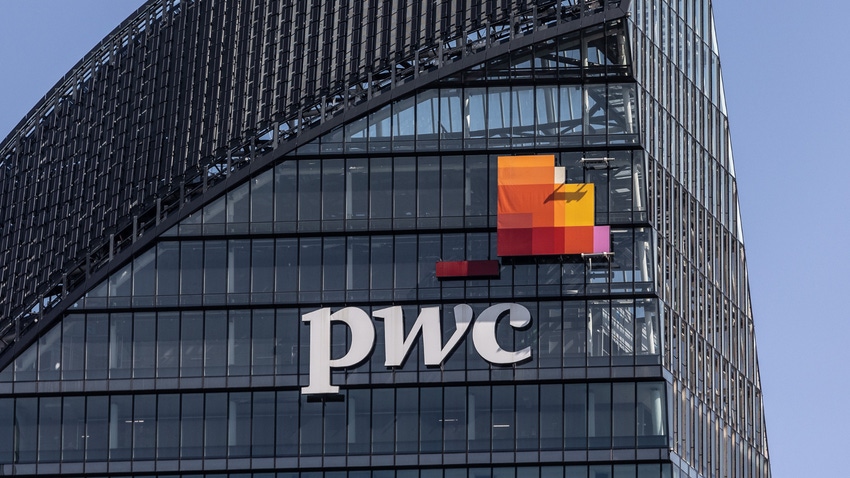Partnership with Microsoft to gain access to GPT-4, ChatGPT and Azure OpenAI Service

At a Glance
- PwC plans to invest $1 billion in generative AI services to help clients tap these capabilities.
- PwC struck a partnership with Microsoft to gain access to OpenAI’s GPT-4, ChatGPT and the Azure OpenAI Service.
PwC is investing $1 billion into developing generative AI services.
PwC's AI plans include a partnership with Microsoft to gain access to OpenAI’s GPT-4, ChatGPT and the Azure OpenAI Service, which offers coding and language models that can be fine-tuned. PwC said it will leverage the tech to help support clients that are trying to reinvent their businesses by “generating richer insights.”
The global tax, audit and consultancy said it has already implemented capabilities within Azure OpenAI Service for clients in various industries including insurance, aviation and health care.
The company said it will also be modernizing its internal platforms as well as upskilling its 65,000 staff on AI tools and capabilities.
“We are at a tipping point in business and society where AI will revolutionize how we work, live and interact at scale,” said Mohamed Kande, vice chair and U.S. consulting solutions co-leader at PwC.
PwC’s newly announced plans come one month after its global tax and legal services arm struck a deal with Harvey, the company developing a conversational AI platform designed to automate document checking and due diligence. Harvey is already being used in law firms, including Allen & Overy.
PwC’s embrace of AI falls under its New Equation strategy that seeks to solve “some of the world’s most complex problems.”
A PwC survey published last March states that companies that are leading in AI implementation are seeing “significant” returns on investment.
Read more about:
ChatGPT / Generative AIAbout the Author(s)
You May Also Like


.jpg?width=700&auto=webp&quality=80&disable=upscale)
.jpg?width=700&auto=webp&quality=80&disable=upscale)
.jpg?width=700&auto=webp&quality=80&disable=upscale)



.jpg?width=300&auto=webp&quality=80&disable=upscale)
.jpg?width=300&auto=webp&quality=80&disable=upscale)